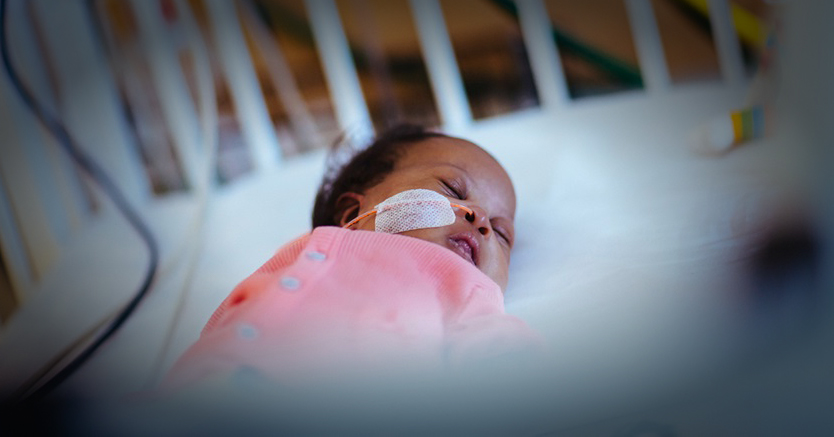The UMBC CSEE Seminar Series Presents
Preventive Neuromonitoring of Critically-ill Infants
Using Advanced Signal Processing Techniques
Rathinaswamy B. Govindan
Division of Fetal and Transitional Medicine
Fetal Medicine Institute
Children’s National Health System, Washington, DC
1:00-2:00pm, Friday, 11 November 2016, ITE 229, UMBC
Several early life complications (caused by, e.g., maternal illness, premature birth, complications during birth) carry a significant risk of irreversible brain injury. Current monitoring methods, designed to prevent brain injury, inadequately monitor sick infants. A multimodal monitor is envisaged and devised for preventive neuromonitoring of critically-ill infants. One of the components of this monitor characterizes cerebral pressure autoregulation – an intrinsic mechanism by which the brain buffers changes in the blood pressure and maintains a steady cerebral blood flow. Cerebral pressure autoregulation is characterized by studying the association between cerebral blood flow (measured using invasive or imaging techniques) and continuous blood pressure. This talk will focus on monitoring cerebral autoregulation at bedside using surrogate markers of cerebral blood flow and intra-arterial blood pressure from indwelling line. The challenges involved in monitoring cerebral autoregulation and alternative non-invasive methods to characterize cerebral pressure autoregulation will also be discussed. These concepts will be demonstrated using physiological signals collected from sick infants monitored in intensive care units.
About the Speaker. Dr. Govindan is director of the Advanced Physiological Signals Processing Lab in the Division of Fetal and Transitional Medicine at Children’s National Medical Center. His duties include: quality control of physiological signals acquired at bedside, developing signal processing routines for offline, and real-time analyses of the signals. His research interests consist of quantifying intactness of the cerebral autoregulation and integrity of the autonomic nervous system of the critically ill infants. These experiments are conducted using sophisticated computers, and custom developed robust signal processing routines at the lab.
Prior to joining Children’s National Health System, Dr. Govindan was an Assistant Professor (Tenure-track) in the Department of Obstetrics and Gynecology, and an Adjunct Assistant Professor in the Division of Biomedical Informatics at the University of Arkansas for Medical Sciences. During this period, his research interests comprised of predicting labor using maternal uterine contraction, and characterizing the autonomic nervous system and functional brain development of human fetus using magnetoencephalography.
Hosts: Professors Tulay Adali () and Alan T. Sherman ()
About the CSEE Seminar Series: The UMBC Department of Computer Science and Electrical Engineering presents technical talks on current significant research projects of broad interest to the Department and the research community. Each talk is free and open to the public. We welcome your feedback and suggestions for future talks.
Other UMBC CSEE Seminar Series: The UMBC Cyber Defense Lab (CDL) meets biweekly Fridays 11:15am-12:30pm in ITE 229, for research talks about cybersecurity.

Leave a Reply
You must be logged in to post a comment.